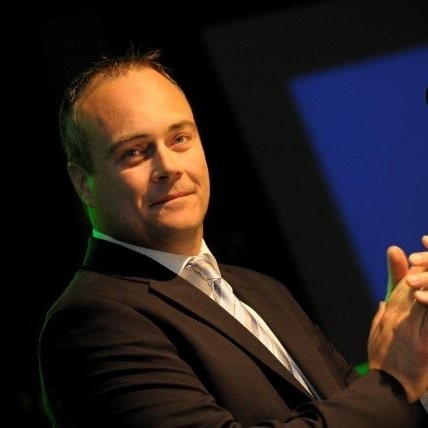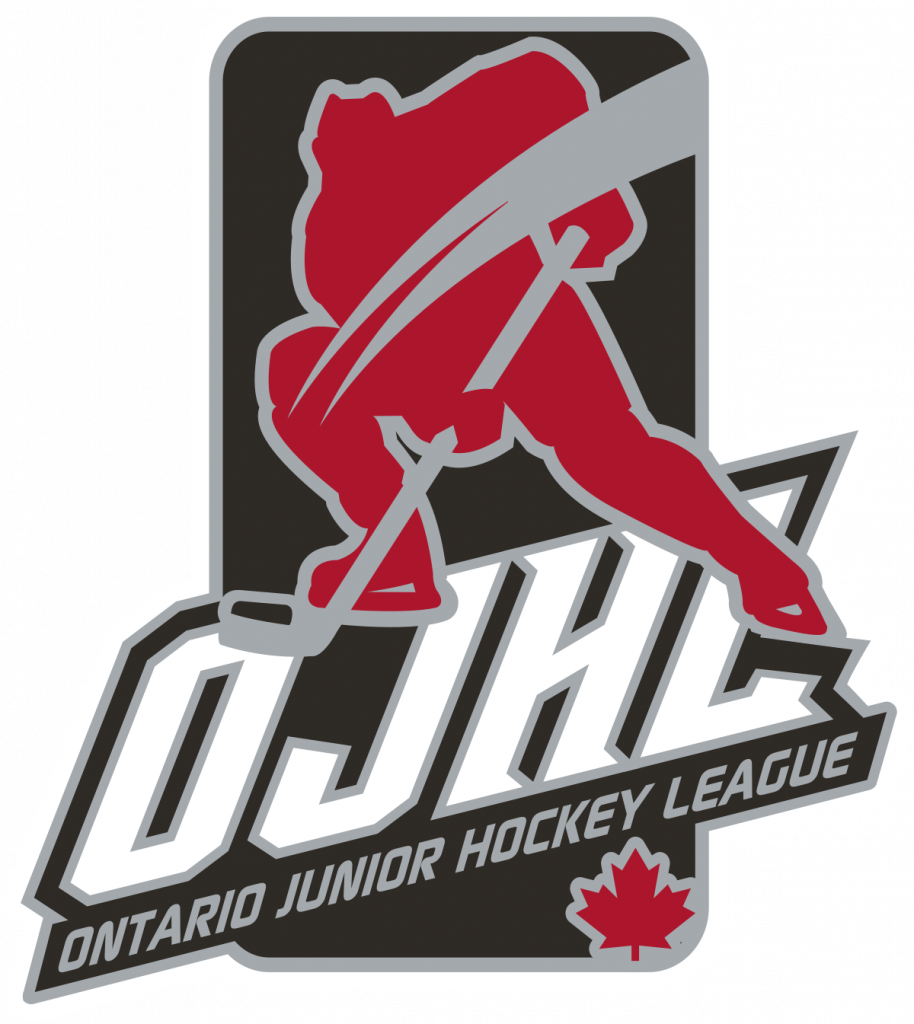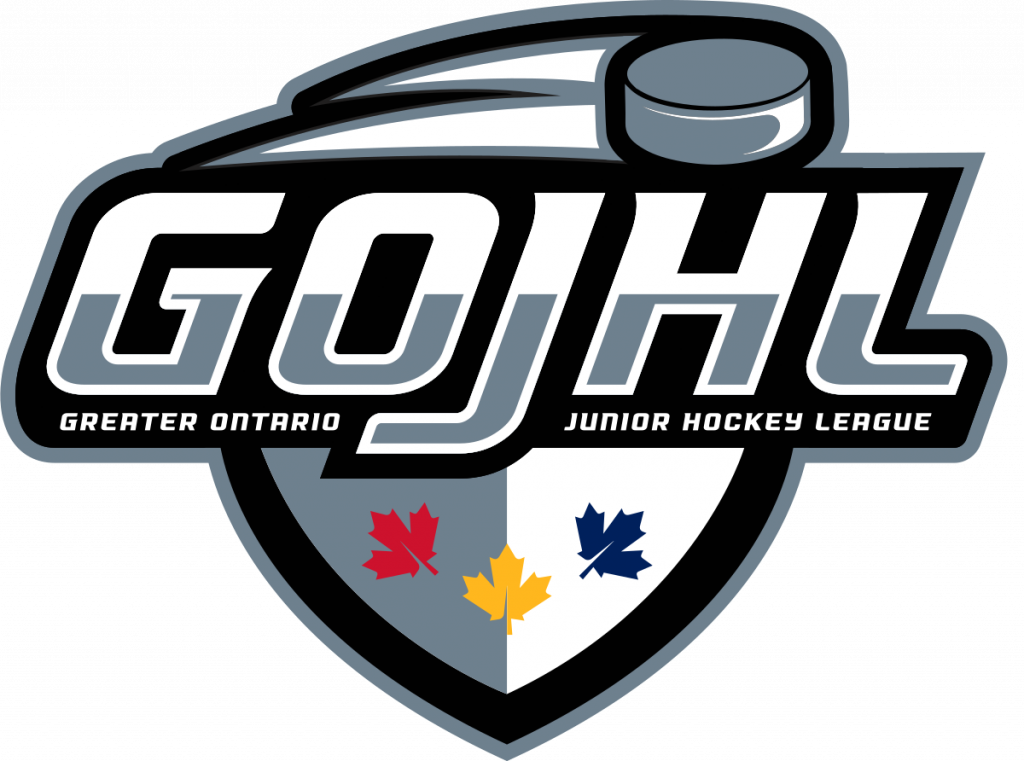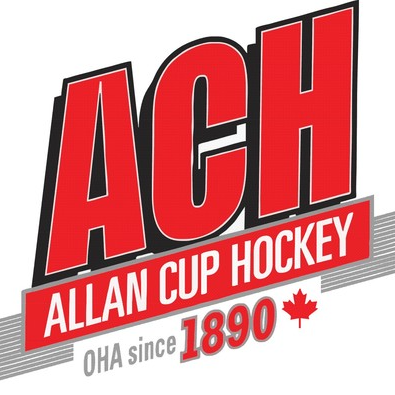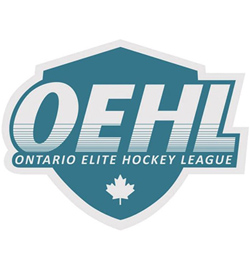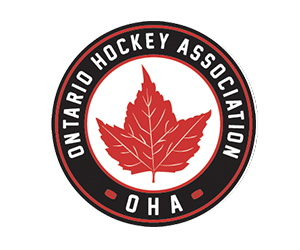
proud of our past & excited about our future
about us
The OHA provides administrative resources, coordinates programs, services and events for hockey participants and provides support to various Development Programs for coaches, officials, trainers and players, Safety and Risk Management Issues and offers resources for Harassment and Abuse education.
junior & senior leagues
The OHA is comprised of three Junior hockey leagues and two Senior hockey leagues: Junior A – Ontario Junior Hockey League; Junior B – Greater Ontario Junior Hockey League; Junior C – Provincial Junior Hockey League, Senior – Allan Cup Hockey (AAA) and Ontario Elite Hockey League (AA). For the 2024-25 season, these five leagues encompass 124 teams.
founded in 1890
The OHA was founded on November 27, 1890 and is the governing body for the majority of Junior and Senior hockey in the Province of Ontario. The OHA is a Member Partner of the Ontario Hockey Federation (OHF) which is one of thirteen Provincial and Regional Branches of Hockey Canada.
foster & encourage
The objectives of the OHA are: to foster and encourage the sport of amateur hockey; to conduct competition in the various categories established; to determine teams for entry into the inter-branch competitions that may be provided by Hockey Canada; and to provide for the affiliation of other hockey organizations.
Proud partner of the oha
independent safe sport complaint process
The Ontario hockey association and hockey Canada stand for safe sport that is free of maltreatment of any kind. We all play a role in creating a healthy culture that fosters safe sport practice and offers athletes, coaches and all members of the sport community strong resources in education and reporting. The presence of maltreatment in sport requires a concerted and systemic effort by a variety of different organizations and governments to come together and identify solutions and clearly define roles and responsibilities.
The Ontario hockey association and hockey Canada’s response to all allegations of maltreatment is through hockey Canada’s independent third party (itp) complaint mechanism. We encourage all individuals experiencing or witnessing maltreatment (including advocates for other people) to communicate with the itp. For more information on the itp, including information for complaint submission, complainants, respondents, as well as policies and processes; please visit sportcomplaints.ca
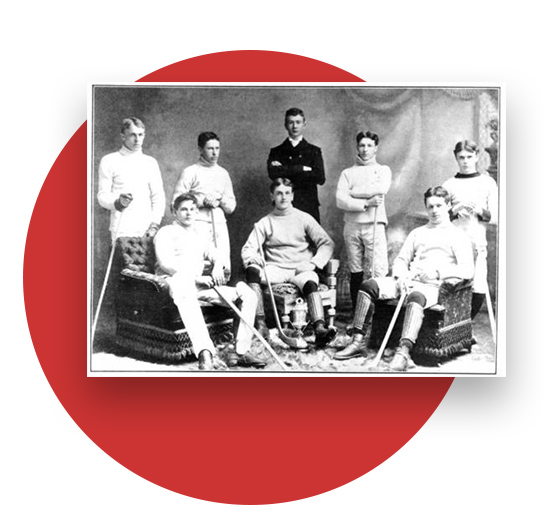
OHA HISTORY
Organized or league hockey began in Ontario for the 1891 season. In the few years preceding that first season, numerous teams had been organized and were playing ‘friendlies’ or exhibition games on a challenge basis. However, no league or organization existed to govern the game or declare a champion.
In February 1890, the Rideau Rebels from Ottawa went on tour playing first in Lindsay, then Toronto. The Rebel players included the two sons of the Governor General, Lord Stanley of Preston, a couple of MPs, and P.D. Ross, perhaps one of the best known athletes in Canada at the time. While in Toronto the Rideau Rebels or ‘Vice Regal’ team played two games, beating the Granites and losing to the St. George’s Club.
Following the Vice Regal tour of the province in February 1890, Lord Stanley’s son, the Hon. Arthur Stanley of the Rideau Rebels, concluded that what was needed was a provincial organization to govern the sport. Arthur apparently also felt that after experiencing the ‘rough play’ of the Toronto teams, a league set-up would allow for better enforcement of the rules. Subsequently, Stanley proposed a meeting in Toronto to discuss the 1891 season.
The now famous meeting of Nov. 27, 1890 at the Queen’s Hotel that led to the formation of the Ontario Hockey Association (OHA) was attended by more than a dozen men from various locales. Arthur represented Ottawa and noted that he had the support of P. D. Ross who in turn had the promised support of three clubs from Ottawa. Other attendees included Henry Ward MP from Port Hope; John Barron MP from Lindsay; D. Burke Simpson, QC of Bowmanville; W. A. H. Kerr of RMC in Kingston; J. F. Smellie of Queen’s University, Kingston; and William Hendrie of Hamilton, Ontario. The largest delegation was from Toronto and included seven local athletes. Leading the way was James S. Garvin, a barrister, an all-star lacrosse player from the Toronto Lacrosse Club and member of the Granite Club; Henry Green, also from the Toronto Lacrosse Club and Granite Club; John T. Thompson, a law student with McCarthy, Osler, Hoskin and Creelman representing Osgoode Hall; William Robinson, from the Athletics Lacrosse Club and the Victoria Club; Frank W. Jackson, a book keeper for T. G. Rice and Co. and member of the St. George’s Club; Charles R. Hamilton from the Victoria Club; and Army Captain Thomas D. B. E. Evans from C Company of Toronto’s Royal Infantry School, also called New Forts.
In the beginning, the Ontario Hockey Association consisted of thirteen (13) teams, 3 teams from Kingston, 6 teams from Toronto, 3 teams from Ottawa, and one team from Lindsay. A registration fee was set at $2.00 per team, and annual dues were set at $3.00 per team to cover expenses.
In the first year the organizers had to come up with a set of rules as follows:
- A team shall consist of seven players: goal, point and coverpoint (these two being the defencemen, who lined up one in front of the other), rover, centre, right wing, and left wing.
- The match should be played in two thirty minute periods, with provision for ten minutes overtime if needed to break a tie. (This was straight time.)
- No substitution shall be allowed. If a player must retire because of illness or injury, the opposing team shall drop a player to equalize the teams.
- The teams shall agree on a referee and two goal judges. The referee shall have complete charge of the game, except that he cannot overrule a goal umpire. (There were no nets in those days, and no crossbar between the goalposts. The goal umpire stood on the ice behind the goalie and waved a flag when he judged that a goal had been scored, a decision that wasn’t always easy.
- The match shall commence by a “face” in the centre of the rink; the referee placing the puck between the blades of the sticks of the centremen and calling, “Play”.
- A player shall always be on his team’s side of the puck. A player is offside if he is in front of the puck. No player shall precede the player carrying the puck. “Lagging” offside will result in a face.
- The goal shall consist of two goal posts, four feet in height, firmly fixed in the ice on a goal line, six feet apart and at least five feet from the end of the rink. A goal is scored when the puck passes between the goal posts in front of and below an imaginary line drawn across the top of the posts.
- The goalkeeper must not, during play, lie, sit or kneel on the ice. He may when in goal stop the puck with his hands but shall not throw it or hold it. Offenders may be ruled off the ice. (Another player might then play goal; goalies wore the same equipment as everyone else).
- No player shall raise his stick above his shoulder, except in lifting the puck. Charging from behind, tripping, collaring, kicking, crosschecking, or pushing shall not be allowed. A referee must rule off the ice, for any time in his discretion, a player who, in the opinion of the referee, has deliberately offended against the above rule.
- Any player guilty of using profane or abusive language to any official or other players, shall be ruled off by the referee.
The first hockey championship in Ontario was between Ottawa and Toronto, with Ottawa winning 5 – 0.
In the early stages, the game was for Senior teams only. Many younger players were left out. In 1892, a category was established for Juniors with no age limit. In 1896, the Ontario Hockey Association established an Intermediate category for smaller centres. One of the more prominent persons in the early beginning of the Ontario Hockey Association was Captain Jim Sutherland.
The first Association actually dealing with the administration and development of the sport was the Ontario Hockey Association, organized on the 27th of November 1890.
First Ontario Hockey Association Secretaries:
1890-1891 C. R. Hamilton
1891-1892 J. A. Laurie
1892-1894 H. A. Parkyn
1894-1896 F. W. Tiffin
1896-1902 A. H. Beaton
1902-1903 W. A. Buchanan
The secretaries listed were recorded in the Ontario Hockey Association Constitution Rules of Competition and Laws of the game amended November 19th, 1910. They all probably worked out of their homes, the norm for that time. W.A. Hewitt of Toronto, a well-known name in hockey, brought the position of Secretary to prominence. He was Secretary to the Ontario Hockey Association, remaining in this position, from 1903 to 1966, a total of 63 years. The following was taken from the 1910-11 Annual Meeting Minutes:
The Secretary’s post office address is: Office of the Daily Star, Toronto. From 9 a.m. until 4 p.m. his phone number is Main 5630; night call North 2829. All business must be transacted through the Secretary in order to secure prompt attention.
The first official office was located in the present Maple Leaf Gardens. Later the office was relocated to the Southwest corner of Carlton and Church, over the C.I.B.C. Bank.
In 1951 Bill Hanley was hired as Business Manager, a position he retained until 1973. In 1966 upon the retirement of Mr. Hewitt, Bill Hanley assumed the position of Secretary/Manager, and the office moved to 24 Merton Street.
David Branch, the present Commissioner of the Ontario Hockey League, became the next Secretary/Manager in 1973 and stayed in this position until 1977.
The next Secretary/Manager, Brent Ladds, was hired in 1977, and shortly after the OHA office moved to 6 Milvan Avenue in Toronto.
In 1984 the OHA once again moved the office to 1425 Bishop Street, Unit #6 (now Unit #2), Cambridge, to be more centrally located and at the same time the position of Secretary/Manager was changed to President. Brent Ladds was appointed President of the OHA at that time and held the position until his retirement in 2012.
The 2024-2025 season will be the 134th campaign for the OHA. The OHA office is currently located at 1600 Industrial Road, Unit #A1 in Cambridge. Mark Tuck is the Executive Director and Marc Mercier is the Chair of the Board of Directors.
Captain Jim Sutherland pioneered the sport of hockey and was instrumental in the promotion of the Ontario Hockey Association at every opportunity. He became President of the Ontario Hockey Association in 1915, and later in 1916 of the Canadian Amateur Hockey Association.
He became known as the main source for information for hockey, as a coach, and as a referee. He introduced preseason conditioning exercises and a coaching system. In 1919 on his discharge from the army, one of his first accomplishments was to recommend a trophy as a memorial to the young men who died in the European conflict. Thus the Memorial Cup, emblematic of the Canadian Junior Championship. The University of Toronto won the first championship in 1919.
James Thomas Sutherland, one of hockey’s first captains, dedicated his life to helping Canadians recognize and preserve the heritage of their winter sport. To his death, September 15th, 1955, he claimed Kingston as the actual birth place of organized hockey in the year 1888.The Sutherland Cup, emblematic of the Junior B Championship, was named after him.
2023-2024 OHA Board of Directors
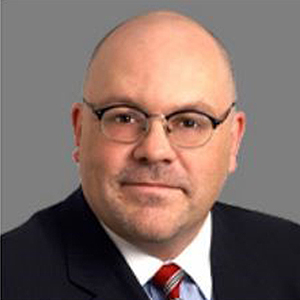
Marc Mercier
Chair
Timmins, ON

Trevor Tinney
Director
Campbellford, ON
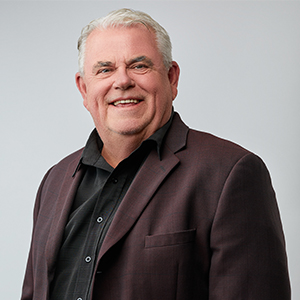
Don Robertson
Director
Dundas, ON
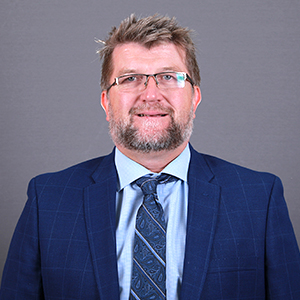
Scott McCrory
Director
Campbellford, ON

Brandon Boone
Director
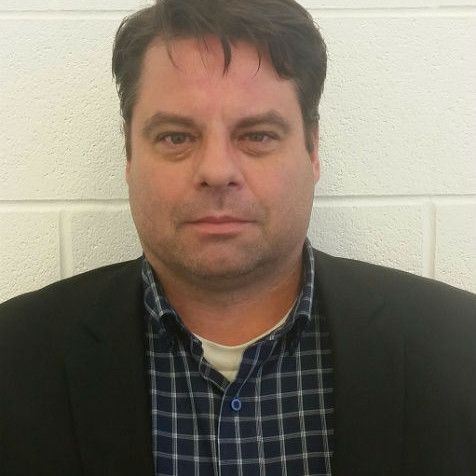
Mark SEGUIN
Director
Windsor

PATRICK SMITH
Director
OHA Staff Directory
mark tuck
Executive Director
Phone: 519-622-2402 ext. 102 Email:[email protected]
Chris McCleary
General Manager Operations,
Communication & Marketing
Phone: 519-622-2402 ext. 105
Email: [email protected]
KEVIN POLLOCK
Director of Officiating
Phone: 519-622-2402 ext. 106
Email: [email protected]
Annette Stroyan
Finance Coordinator
Phone: 519-622-2402 ext. 101
Email: [email protected]
Betty Dettwiler
Registration Coordinator
Phone: 519-622-2402 ext. 104
Email: [email protected]
Murray Nystrom
Technical Director
Phone: 519-622-2402 ext. 103
Email: [email protected]

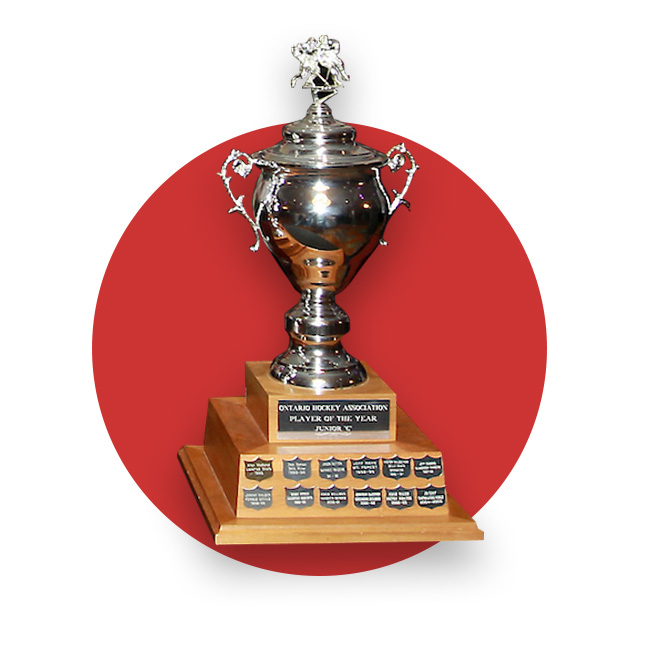
oha AWARDS
Land Acknowledgement
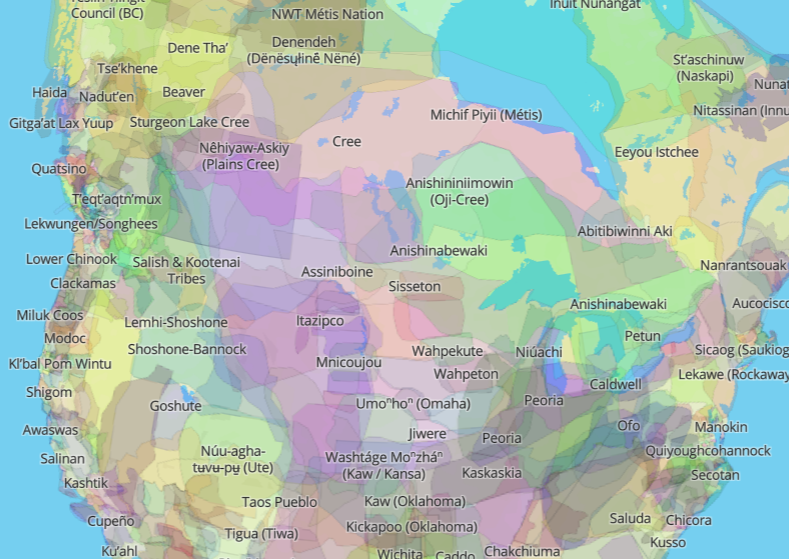
The Ontario Hockey Association (OHA) recognizes that its activities, and the activities of its members and community partners take place on traditional Indigenous territories across the province. We acknowledge that there are 46 treaties and other agreements that cover the territory now called Ontario. We are thankful to be able to work and live in these territories. We are thankful to the First Nations, Metis and Inuit people who have cared for these territories since time immemorial and who continue to contribute to the strength of Ontario and to all communities across the province. The OHA is honoured to collaborate with Indigenous clients, stakeholders and communities throughout the various territories.
Acknowledging traditional Indigenous territories is one way to recognize contemporary and historical Indigenous presence and land rights. It is a small step towards dismantling the continued impacts of colonialism and undoing Indigenous erasure in our everyday lives. For more information on the purpose of Land Acknowledgements check out https://native-land.ca
